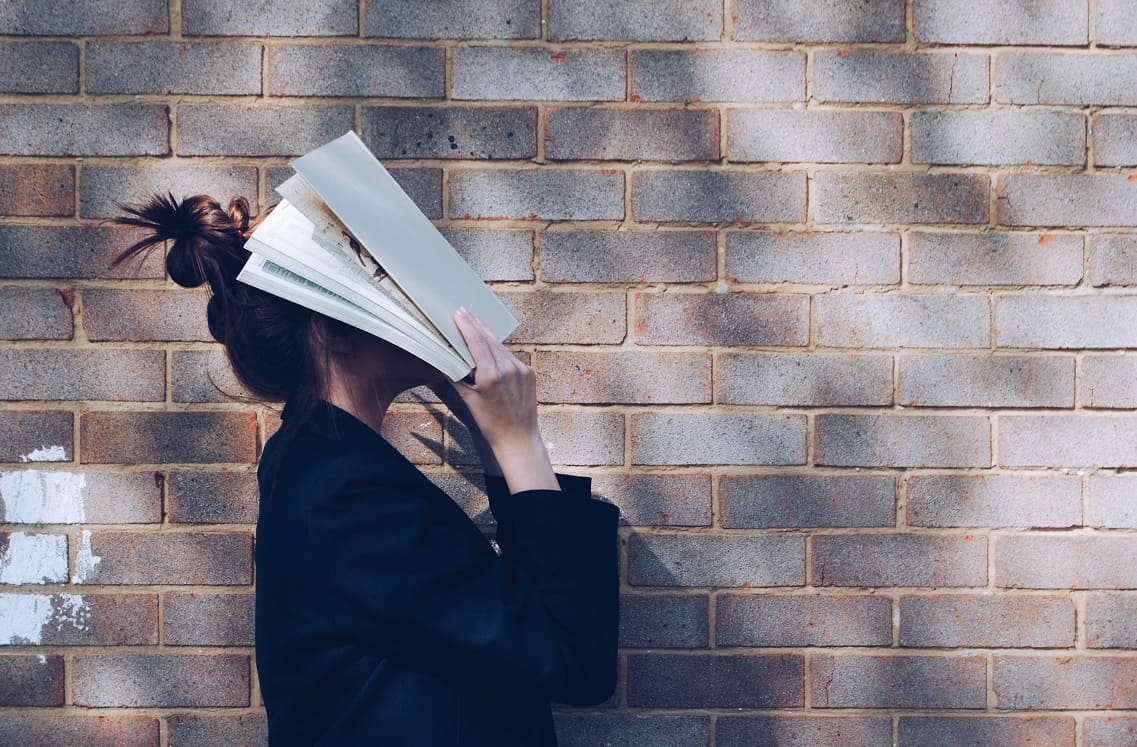
Many students would agree that having a good memory is critical for academic success. Indeed, learning is based on the ability to comprehend and memorize the information as well as build logical connections.
If you have any trouble with memorizing things, studying can get really tough for you. But even though some of us are gifted with a better memory than others, the latter group still has a chance to improve it.
Everyone involved in education, even those who provide educational services like paperwritingservice, admit that our memory resources wear off with the passing of time. Thus, both students and graduates need to take measures to strengthen it.
In this article, we will list a few steps that can help you improve your memory. Do not ignore them, as they can really make your student life better.
Remove All Distractions
We often find ourselves unable to memorize things because of the lack of concentration. Important things just keep being played in the background, while our attention is devoted to gadgets or other things.
If you really want to memorize something and improve the quality of your memory, you should focus your attention. Remove all distractions and make sure you are susceptible to new facts and information. Without enough concentration, you will not memorize the information you need to know.
Learn Sustainably
Have you had a feeling that you forgot everything as soon as you passed your test? This is usually because of cramming. You try to memorize lots of information right before the due date. Once you can relax, the memories and the knowledge go away.
To make yourself remember things for a longer period of time, you should study over the semester. You need to understand the logical connections between different phenomena to remember them and apply this knowledge in practice.
Organize Your Studying
Our memory is a miracle, but its resources are not endless. If you push yourself too much, learning too much material for one class, the result can be quite the opposite. Instead, try planning your day so that you have time to learn different things. You’ll be surprised by the outcome.
The thing is that a person cannot keep focus on one thing for a long time. It’s just how we are built, and there is nobody to blame for it. If you split your learning process with breaks and chance subjects one by one, the effect will change considerably, leading you to remember morre.
Exercise, Sleep, and Eat Well
Your physical health also affects your memory resource. You should eat lots of fruit and berries rich in vitamins. They are proven to impact brain activity and memory positively.
Also, a good idea is to exercise at home or go to the gym. Physical activity of any kind allows you to switch your attention and gives your brain time to rest. Moreover, after training, you’ll be far more energetic and susceptible to new knowledge.
The quality of your sleep is detrimental to your memory. Do not cut sleeping hours from a daily norm. Instead, plan your day so that you could have at least 8 hours of proper sleep. If for some reason you could not have it, even a quick nap can mobilize your resources.
Meditate to Improve Your Memory
Our brain is not a machine, and it needs time to recover its energy. Memory also depends on it. The healing power of meditation has been recognized worldwide. It does not depend on your religious and spiritual interests. Meditation is a tool that helps strengthen your long-term memory so that important things could be easily recalled later.
You can practice meditation using online resources or apps for just 10-15 min a day. Or you can go to a professional who will help you clear your mind. The choice is yours.
Visualize and Associate
If you know how to use visualization tools and your imagination to strengthen your memory, you are halfway to success towards a better memory recall. This technique is especially useful when we talk about improving vocabulary when learning foreign languages. However, both visualization and association work in other fields as well.
If you can draw charts, take notes, or highlight important information using pens and pencils of different colors, do not limit yourself. This is your memory requesting you to assist it.
Bonus Tip: Chew a Gum
Surprisingly, there is a strong connection between a tiny part of our brain called the hippocampus with gum chewing. And this part is critically important for memory. Research shows that those students who chewed gum while completing a memory recall task were more successful in it than those who did not.
It is also confirmed that the increase of oxygen from this activity can improve our focus and attention. So, if you want to get a quick upgrade to your memory capabilities, the best thing is to chew something like gum.
Hard to believe, isn’t it?



